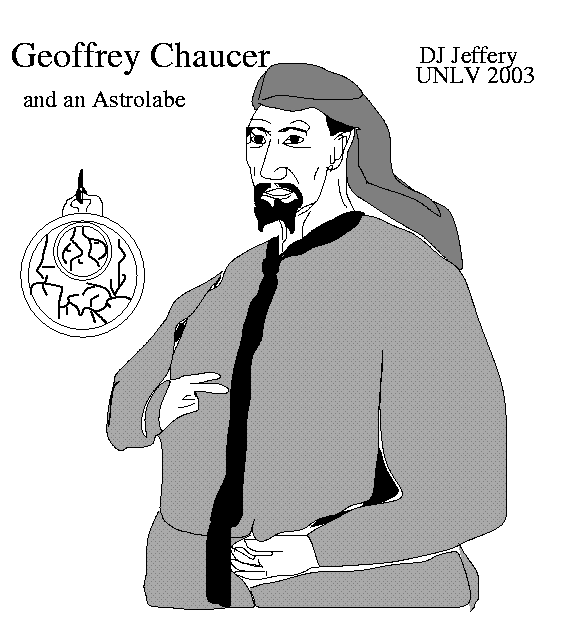
Anthony Powell is an English novelist and critic. In early life he worked in a publishing house and later worked as a literary editor for Punch. During WWII he served with the British military liaison with allied countries.
He is most noted for his 12 novel series (12 part colossal novel) A Dance to the Music of Time.
By the by, Powell is pronounced Poel and does not rhyme with towell.
Powell rightly emphasizes Dance is not autobiography and its characters are not the persons he has known with a few exceptions. Nevertheless, N.J. is a parallel life to Powell and his acquaintance is of the same substance as Powell's.
Any novel tells a story, involves one in the characters and their lives. Meaning and its truth emerge imprecisely and nuanced or else the novel fails to convince. The thesis is proven on pulses of the characters---and thesis is not the exact word, but adds something to ``meaning.''
One aspect of Dance is this time, this place, these people, these events. The period circa 1914--1975 is certainly an important epoch. But it is one epoch, it doesn't transcend time nor do its persons. There is greater wisdom than the Victorians, but the cruelties of the totalitarians mock progress.
Yes, we can built on past sophistication, but we can't actually make ourselves more intelligent. Future generations have the same problem. Finding how to earn a living, how to live, who to love will remain challenges always.
N.J. moderately succeeds: he becomes a novelist, finds someone to love, lives on to be distinguished. He's never had to experience personally the major calamities of tyranny and societal collapse. He knows this and intellectually understands those calamities insofar as one can: and he has done his bit as soldier and writer to oppose the calamities. The calamities will visit upon humankind so long as they remain I'd guess. Do we need them in order to have the strength to endure them? Can we be wise and great without disaster.
The foil to N.J. is Kenneth Widmerpool who half the time seems a fool and half the time a winner and breaker in life. I suspect Widmerpool is the avatar of the tyrants. What would Hitler and Stalin have been if the circumstances of their lives had offered them lesser power in societies that prohibited their onslaughts? Is Widmerpool the answer: will to power, selfishness, caring only to advance, comic-grotesque personal relations, and adherence to conventional societal laws because there is no way not too.
In the end Widmerpool is broken down. When age and other failures reduce the avenues, he follows the path of religious zaniness: thinking Godhood within grasp just when, just because ordinary success in life is over.
But then transcendence haunts us all. But those who claim it literally have often turned out to be diabolical, fathers of lies: Jim Jones and Jonestown come to mind.
An agnostic is skeptical to the infinite degree of all transcendent claims even from those nature is angelic. They don't really have it: the temptation is to scorn their absurdity and to defy their attempts at tyranny which always tends to corrupt them as fast as they succeed. It is valid to be sympathetic to simple faith amended by human kindness.
One is led to one's own confession of faith in human kindness---that human kindness must be part of that transcendence we all pursue.
Powell gives interesting accounts of friends and acquaintance: many of the famous in his milieu and others who are famous only in their own lives. It was nice to come across Robert Byron.
I particularly liked Powell on D.H. Lawrence---though I can't now find the page on which he says what I liked: Lawrence's novels are humorless and profoundly dull. This is what I always thought and never knew it: Sons and Lovers bored me; Lady Chatterley's Lover was anti-erotic.